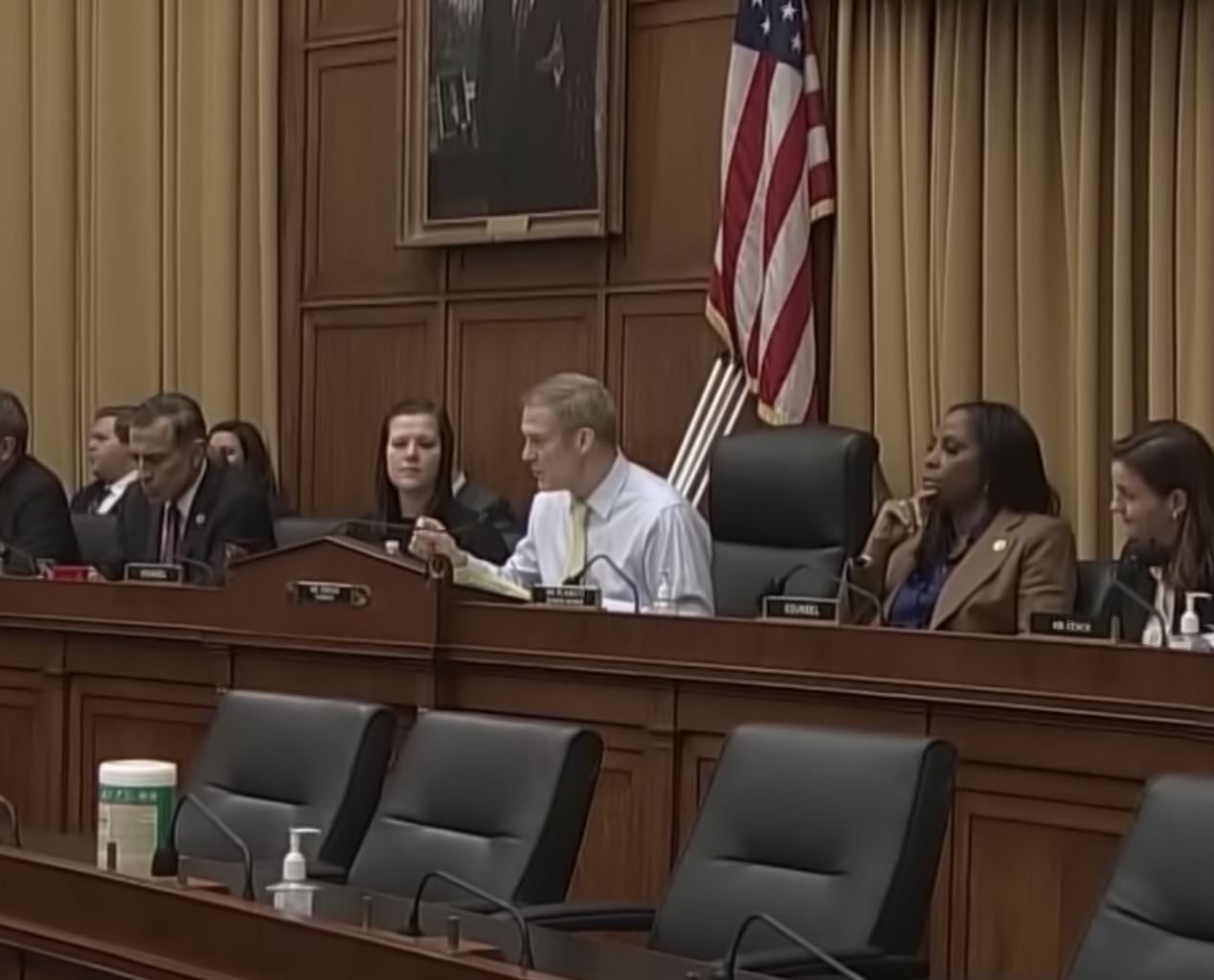With the arrival of a new administration in Washington will come a hoard of new faces at the top of nearly every department and agency. Nowhere is this event viewed with more consternation than among the working stiffs in the 93 U. S. Attorneys’ Offices. And I can only assume that something similar occurs in the other federal law enforcement offices. The question is what fresh hell does 2009 bring to those in the field?
It takes those of us in the trenches all of a four-year term to adapt to new policies and paperwork, decipher unfamiliar governmentspeak, and submit to new reporting requirements for approval and consultation with Washington. All of this adjustment while doing our jobs of working with agents on cases which are supposed to be the real work of the Department. Now the process of re-orientation is about to begin again.
There is always the hope that at least some of the policy and procedural changes will actually make jobs on the front line better, more effective as prosecutors and investigators. And this time around there may be reason for the audacity of hope. For one thing, following the act of the present politicized and discredited DOJ leadership has some advantages in terms of lowered expectations. Fundamentally though, the likelihood of improvement may be determined by whether communication between DOJ Main and the USAO’s is a monologue or a dialogue.
The communication gap between short term politicians and career professionals is illustrated by Attorney General visits over the years to Detroit. These periodic events are intended to be a morale-booster for the troops and, done well, can be effective. For example, visits by Attorneys General Edwin Meese in 1987 and Janet Reno in 1994 each consisted of intelligent questions, encouraging news about future developments and sincere attaboys. General Reno even led the Office in singing Happy Birthday to AUSA Joe Allen. We all left feeling good about the job.
But the entirely one-way message in 2003 from John Ashcroft left at least some of us wondering if we should have chosen a different avocation. His speech presumed to instruct us, under his watch, on a prosecutor’s need for patriotism, diligence and adherence to policy. I wished I had stayed in my office and shuffled paper.
The visit two years later of Alberto Gonzalez lacked Ashcroft’s didacticism but was equally deflating. It lasted about four minutes and most of us couldn’t understand it anyway since it was delivered sotto voce into the lectern.
However, afterwards in one of those face-time sessions with a smaller group, one of the drug prosecutors found themselves sitting next to him. After an awkward silence, General Gonzalez managed a reasonably intelligent question, “So, how’s the meth problem going in Michigan?” The prosecutor proceeded to give him a succinct, informed summary of the enforcement situation along with some recent cases in the district. Mr. Gonzalez gave the AUSA a thousand-yard-stare until he came up with another conversation-starter, “So, how’s the meth problem going in Michigan?”
There certainly are exceptions to these uninspiring guest appearances. Former Deputy Attorney General James B. Comey’s visit to Detroit reminded all of us the reason we became public servants. Attorney General nominee-to-be Eric Holder, if I recall correctly, came to Detroit early in his career and served to close the disconnect between Washington and the field.
In 1978 political scientist James Eisenstein published the results of ten-year study about the struggle and balance of authority and responsibility between the centralized forces of DOJ Headquarters and the decentralized operation of the individual U. S. Attorneys’ Offices in the field. His conclusions were affected by his findings that the former was populated by more specialized and experienced attorneys who served longer terms and the latter by less experienced but enthusiastic generalists many of whom were chosen, in part, for political reasons and who served short terms of service. Today, this contrast has changed remarkably. USAO’s are populated by career prosecutors, chosen on merit and involved in proactive, complex cases. However, some appointees in Washington still adhere to the old overlord-serf model and miss out on the opportunity to learn from those in the theater of operations. The relationship between headquarters and the field works best when it is a two-way dynamic with a mutually supportive balance of authority, responsibilities and resources.
Patrick Fitzgerald is an example of someone who has real credibility among those who labor in the vineyards. He earned his reputation through a series of hard fought prosecutions in New York of mob figures, terrorists and politicians. His personality as a tough but fair, hard working law enforcement officer who is offended by the serious wrongdoing of the rich and powerful. This resonates with the rest of us. No matter how high the profile of his target, he never confuses his own ego with the needs and integrity of his case. His prosecution this week of Illinois Governor Rod Blagojevich is just the latest case in a series of Fitzgerald walking the walk of a line prosecutor’s prosecutor. Even his apparent pastime as an office prankster bolsters his credibility among those in the field.
Which is all to say that, in my opinion, either Fitzgerald or Comey or someone like them would be excellent choices for a DOJ leadership positions, especially from the perspective of career staffers in the U. S. Attorneys’ Offices.
If Holder chooses some career prosecutors for leadership positions and if they initiate a two-way communication with the field, the prospects for improvement in the Department, both in public appearance and in day to day reality, are good. Likewise, if the new federal law enforcement agency heads and their appointees remember their days on the street and the demands of putting cases together, the investigative side of the federal criminal justice house will also be sound.
So brace for the invasion of the political appointees and maintain your cautious optimism as long as possible.




The Gonzalez vignette is priceless! Great piece!.